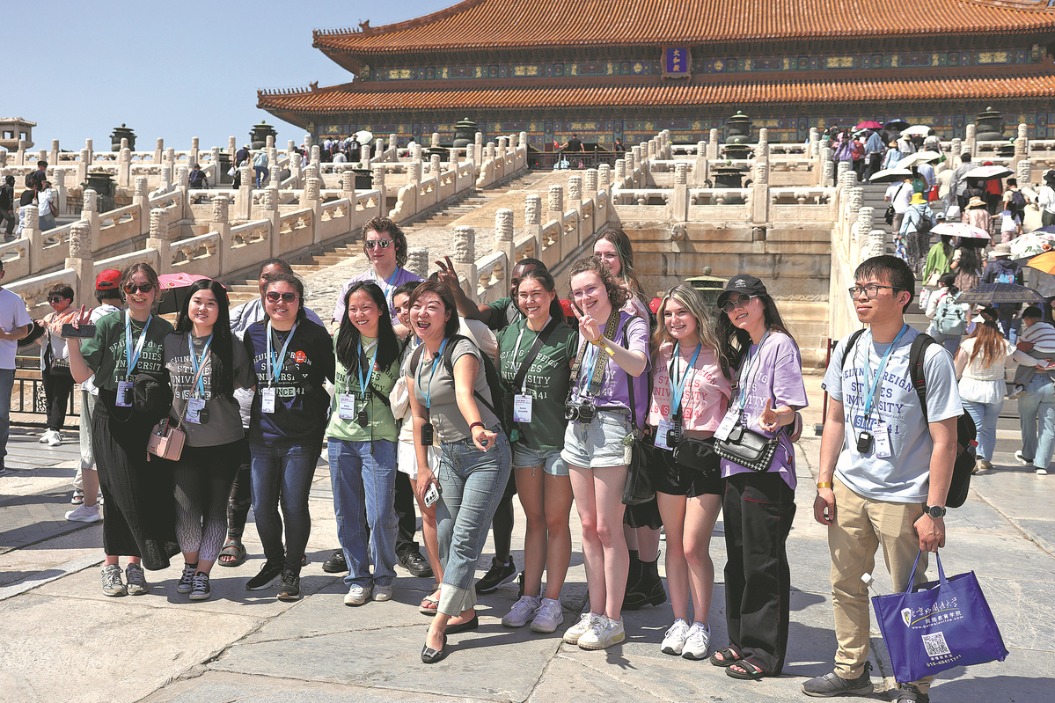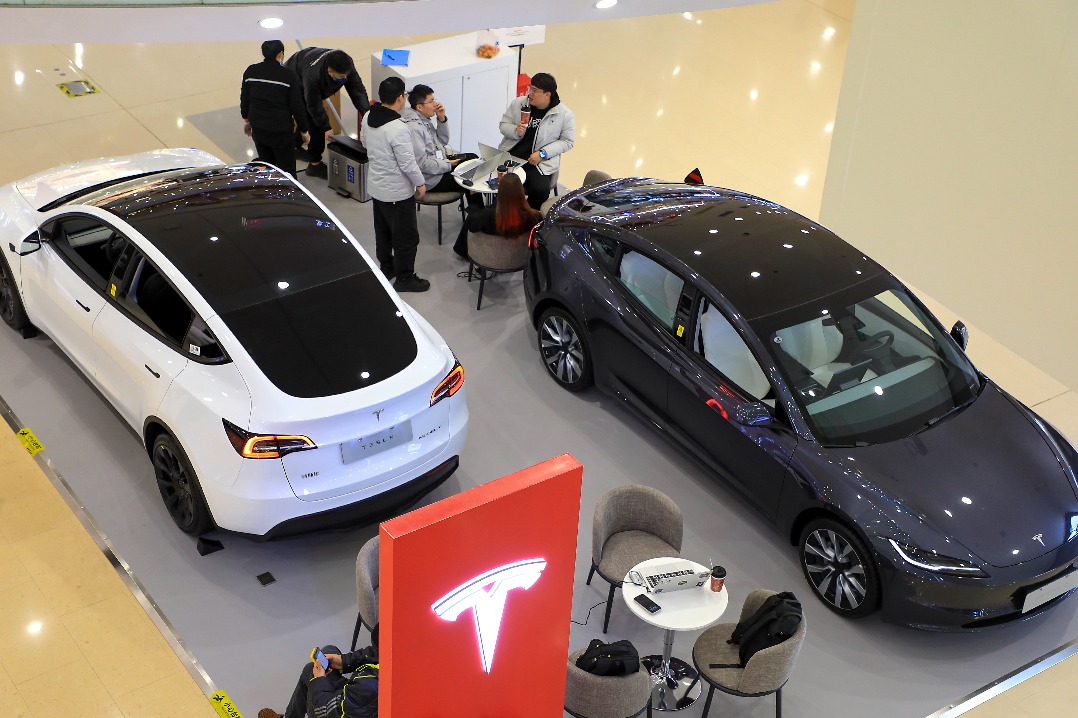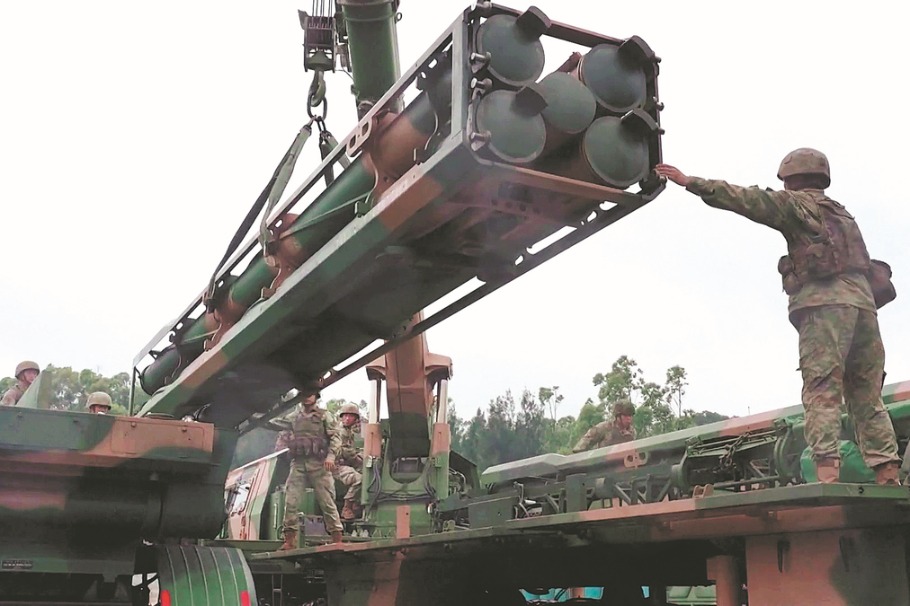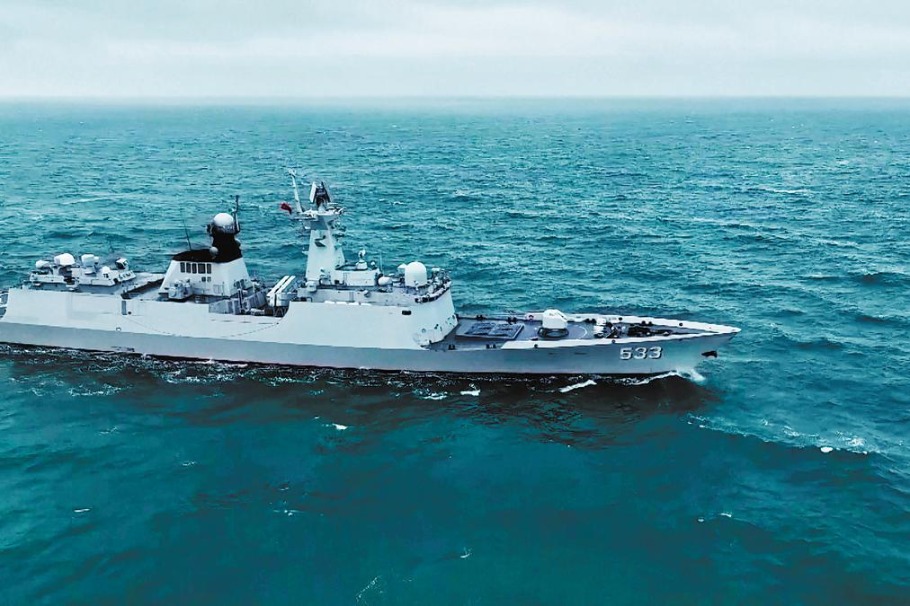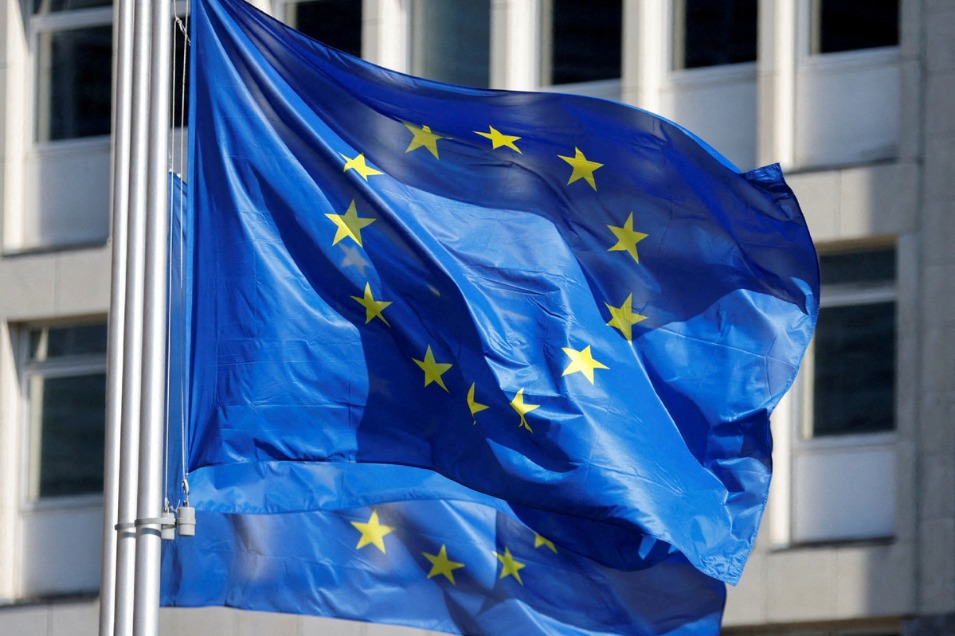Former envoy warns of US-China 'decoupling'
By ZHAO HUANXIN in Washington | China Daily Global | Updated: 2020-03-14 00:00
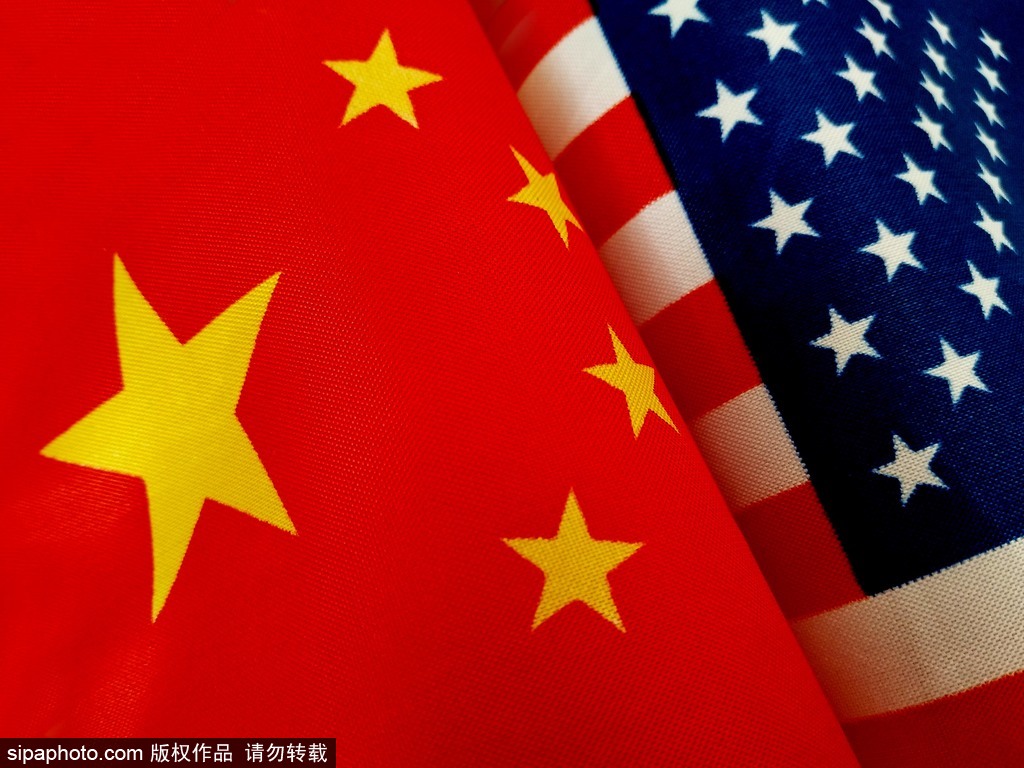
You usually don't hear people in Washington quote America's Founding Fathers very often these days. But J. Stapleton Roy, a veteran US diplomat, insisted that anytime he offers remarks, he quotes from The Federalist Papers.
"So, today I thought I would quote from James Madison in Federalist 63, where he said that, independently of the merits of any particular plan or measure, it is desirable, on various accounts, that it should appear to other nations as the offspring of a wise and honorable policy," Roy told a US-China Policy Foundation (USCPF) panel discussion, "The Outlook on US-China Relations", last week.
Roy, who served as Washington's top envoy in Beijing from 1991 to 1995, said he found it hard to believe that the US approach toward the world's second-largest economy reflected "a fair and wise" policy.
He first offered insight on a slew of intertwined issues in China-US relations, including "decoupling" of the two economies, the coronavirus outbreak and the signing of the phase one trade deal, which keeps in place high tariffs on about $360 billion worth of Chinese imports.
"Many believe that we are seeking to decouple our trade relationship with China, and we end up disrupting international supply chains," Roy said, adding that the coronavirus crisis, which has affected at least 1,660 in the US as of Thursday night, is giving Americans "a foretaste" of what it might mean to decouple international supply chains.
"It turns out that in order to deal with the coronavirus crisis that we think originated in China, China makes all the equipment you need in order to deal with it," Roy said, careful of his wording about the origin of the virus, which remains a mystery.
"But at the moment, the supply chains are not working the way they're intended to work," he said.
As to the signing of the first-phase trade agreement with China nearly two months ago, the deal laid the groundwork for avoiding an even worse trade crisis with China during the remainder of this year, or at least through the US presidential elections in November, he observed.
Ever since punitive duties began to be slapped on billions of dollars' worth of Chinese goods in early 2018, many US companies as well as industry groups have called for the US administration to roll back or remove the tariffs, which they said are in fact taxes on American businesses and consumers.
On Jan 31, the Advanced Medical Technology Association sent a letter to the Office of the US Trade Representative (USTR), urging it to lift tariffs on products "critical to helping to contain the coronavirus in the US and in China". The association said that including medical technology products on the USTR tariff list is "troubling" from a public health perspective, The Washington Post reported.
But a remedy did arrive. Due to rising demand amid the fasts-preading
COVID-19 outbreak in the US, the USTR announced March 5 it would exempt from import tariffs on at least 100 medical items imported from China, including medical gowns and protective masks.
The US approach on tariffs after the phase one trade deal was also a factor that led Craig Allen, president of the US-China Business Council, to believe it may not augur well for the upcoming talks.
"I think that phase one agreement was a good step forward," Allen told USCPF attendees. "But I think given the election process and that the tariffs currently in place will probably remain in place for some time, the phase two can't come soon enough."
During Roy's presentation, the former ambassador noted that some recent US legislation — seen as designed to contain and compete with China, such as the Asian Reassurance Initiative Act of 2018 — had gained bipartisan support.
"For these and other reasons, there are many uncertainties associated with the future of our relationship with what could be the world's largest consumer market," Roy said.
Roy noted that some in the US policy community have defaulted to confrontation as a preferred method for limiting China's rise.
"(President Donald Trump) refuses to be bound within the policy statements of his own administration," Roy said, "leading some observers to conclude that the US government has attitudes rather than policies."
Roy echoed the sentiment of Thomas Wright, a senior fellow at the Brookings Institution, when Wright said: The US president "did not veto the National Security Strategy — he's just operating as if it does not exist."
Citing recent comments by Secretary of State Mike Pompeo and the president's own tweets, Roy said policy statements on China by senior administration officials consist of "a jumble of positive and negative statements" without the prioritization necessary for coherence.
There have been "contradictions" built into the administration's view of China, he said.
"It's hard to have other countries view our approach as reflecting a fair and wise policy when we're making statements that don't seem to fit together," Roy concluded.





